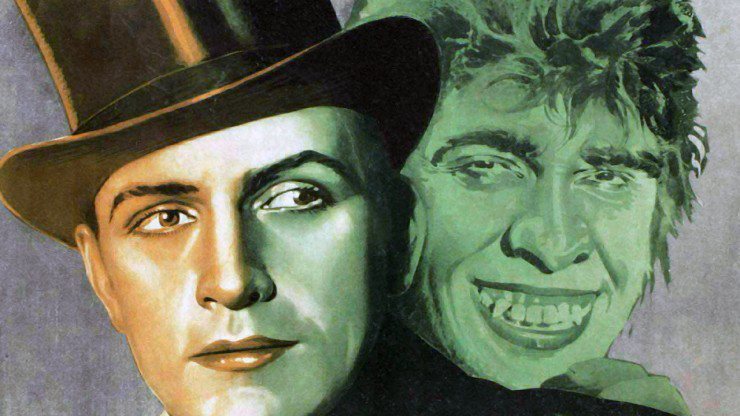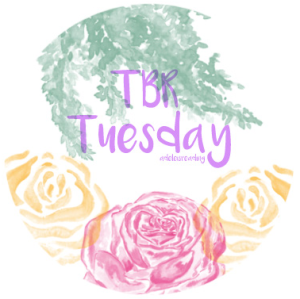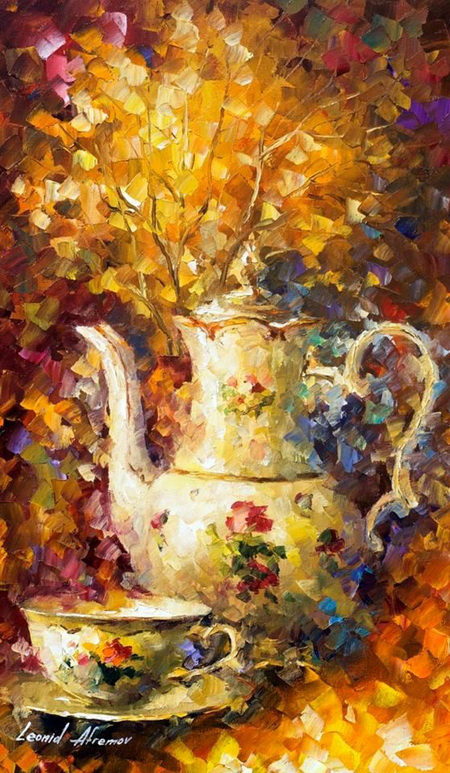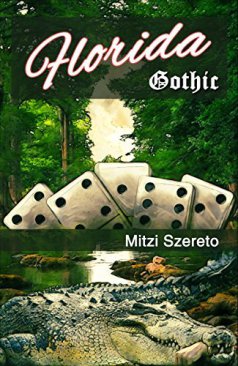 Author: Chris Crutcher
Author: Chris Crutcher
ISBN: 9780060598396
Publisher: Greenwillow Book – An Imprint of Harper Collins Publishing
Copyright date: 1989
Readers Annotation: Dillon writes letters to his dead brother Preston in attempt to find clarity in his life. What Dillon doesn’t know, is that his life is about to become even more twisted.
Plot Summary:
Dillon watches his brother commit suicide. He knew that Preston was taking and dealing drugs, but he didn’t know how to save him. Perhaps that’s why he’s drawn to Jennifer. Jennifer seems strong and wise, but Dillon can tell, something is haunting her. Secretly, Jennifer is hiding the fact that every night, her step father comes into her bedroom and rapes her. She could easily run away, but she’s afraid to leave her step father with her younger sister. Instead, Jennifer stays bravely to protect the ones she loves. She escapes this reality by pouring all her energy into basketball. But is basketball enough of an escape for Jennifer? When her resolve starts to weaken, Dillon steps in and tries to hatch a plan to save her. He’s determined not to lose another person that he loves. The only problem is, Jennifer doesn’t want his help. How can you help someone if they won’t let you?
Critical Evaluation:
Chris Crutcher is aware of all the possible issues that teenagers go though. His experience as a therapist specializing in child abuse has shown him the many ways that children are taken advantage of. Chinse Handcuffs begins to touch on some of these problems. Through his experience and the voices he gives to Dillon and Jennifer, it is clear the Crutcher “gets” teens.
The problem that Crutcher has is that he creates so many subplots that it’s easy to get confused. It become even easier to get lost when it’s a dual perspective narrative and one of the perspectives encounters flashbacks. A review from Library School Journal says, “There are enough plots here to fuel a soap opera for a year.” These many events take place in around 300 pages. Most of the subplots are nicely summarized and tied up by the end of the book. Unfortunately, the main plot lacks because of this. The Library School Journal review continues, “The ending, in which Dillon single-handedly drives Jennifer’s crazed step-father out of town, is contrived. There’s a place in fiction for teenage problems, but surely not all in one novel.” Jennifer’s abuse, which is at the center of the novel, is solved by Dillon’s genius simply and quickly. It’s almost painful that he solves her issue so easily while she’s suffered for years. Crutcher creates a piece of work that is important and thought provoking, but the plot at times overwhelming and the ending over simplified.
Author Information:
Chris Crutcher was raised in Cascade, Idaho, a lumber and cattle ranch town located in the central Idaho Rockies, a two-hour drive over treacherous two-lane from the nearest movie theater and a good forty minutes from the nearest bowling alley. In high school he played football, basketball and ran track, not because he was a stellar athlete, but because in a place so isolated, every able-bodied male was heavily recruited. Crutcher’s years as teacher, then director, of a K-12 alternative school in Oakland, California through the nineteen-seventies, and his subsequent twenty-odd years as a therapist specializing in child abuse and neglect, inform his thirteen novels and two collections of short stories. Five of Crutcher’s books appeared on an American Library Association list of the 100 Best Books for Teens of the Twentieth Century (1999 to 2000).
Adapted from his website which you can visit here.
Genre: Realistic fiction
Curriculum Ties: Coming of age, empathy, contemporary issues.
Book Talk Ideas
Reading Level/Interest Age: Grades 9-12
Challenge issues: Suicide, rape, drug use.
Defense:
- You should immediately turn on your listening skills to make the patron feel respected. Make sure that you let them know that you appreciate their involvement in their teens life and that you care about what they are saying.
- Make sure you are familiar with the book. You should have a basic understanding of the materials in your library, but make sure to have read whatever is being challenged to best understand the patron concerns.
- Know and have access to the libraries selection policy. This describes how book choices were made in the first place. The questionable material should be measured up to these points.
- Have on file access to the books reviews, awards, and critical receptions. This should show how the book connects to the previously mentioned selection policy. Reviews should be from acclaimed sources such as Library School Journal, VOYA, Booklist, and Kirkus to name a few.
- Also have on hand copies of the ALA’s Library Bill of Rights and be able to show how the questionable book fits into the beliefs of providing access in libraries.
- The ALA freedom to read statement is also a good document to have on hand to show the American libraries view on creating a diverse collection, the meaning of censorship and assisting all individuals in finding what they wish to read.
- As a last resort, have a reconsideration form ready if the patron wishes to fill it out. Make sure that you and the patron both understand the process. Many times, libraries will leave the questioned book on the shelf until the board or deciding body goes through the review process. Understanding and explaining these key concepts help from creating any more issues.
- Overall, remain calm and LISTEN. As a trained librarian your instinct may be to immediately jump into a defense of the book, but sometimes the best response is to be a proper sounding board for your patron. Listening to there concerns is sometimes best solution to the problem at hand.
Why did you pick this for your collection?
Though at times, I felt this book was dated, it would be impossible not to include after listening to our class discussion on the novel. When you hear people open up about their own abuse who wish they had had a novel like this while they were growing up, you learn how powerful it is. This book might not be the first to circulate, but if it can help even one person seek help or feel less alone, it is worth being in the collection.
Advertisements Share this:





